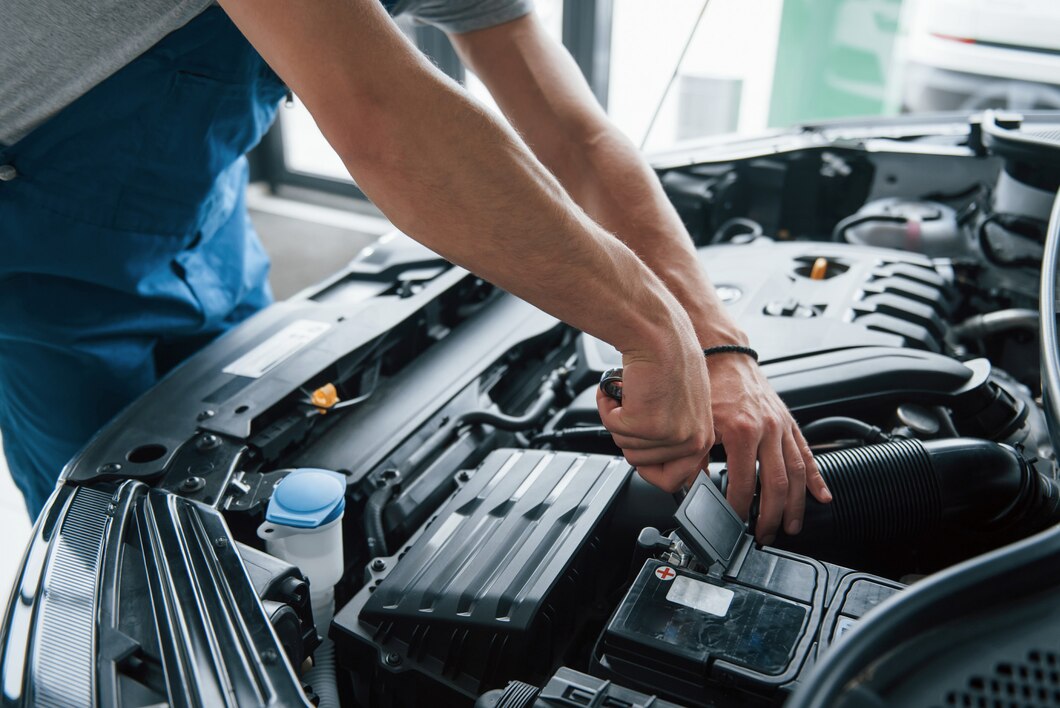The car battery is the heart of your vehicle’s electrical system, providing the necessary power to start the engine, run accessories, and keep electrical components functioning properly. However, like all components, car batteries have a limited lifespan and can degrade over time. Recognizing the early signs of a failing car battery is crucial to preventing unexpected breakdowns and costly repairs. Whether you’re a seasoned driver or a novice on the road, here are some common indicators that your car battery may be on the brink of failure:
1. Slow Engine Crank:
One of the most telltale signs of a failing car battery is a slow or sluggish engine crank when starting the vehicle. If you notice that the engine takes longer than usual to turn over or if you hear a clicking sound when turning the ignition key, it could indicate that the battery is struggling to deliver enough power to start the engine.
2. Dimming Headlights and Interior Lights:
A weak or dying battery may cause the headlights and interior lights to appear dimmer than usual, especially when the engine is idling or when using electrical accessories such as the radio, air conditioning, or power windows. Dimming lights indicate a drop in voltage, which can be a sign of insufficient power from the battery.
3. Electrical Issues:
Flickering dashboard lights, erratic power window operation, malfunctioning radio or infotainment system, and other electrical glitches can all be signs of a failing car battery. As the battery weakens, it may struggle to provide consistent power to electrical components, leading to intermittent issues and malfunctions.
4. Check Engine Light:
While the check engine light can be triggered by various factors, including engine and emissions system issues, a failing battery can also be a culprit. If the check engine light illuminates along with other symptoms such as slow engine crank or electrical issues, it’s worth having the battery tested to rule out potential battery-related issues.
5. Swollen or Bloated Battery Case:
Inspect the battery case for signs of physical damage, swelling, or bloating. A swollen or bloated battery case is often caused by excessive heat or overcharging, which can lead to internal damage and reduced battery lifespan. If you notice any abnormalities with the battery case, it’s essential to have the battery inspected by a professional.
6. Sulfuric Odor:
A sulfurous or rotten egg smell coming from the battery or engine compartment is a sign of battery acid leakage or overheating. Battery acid leakage can corrode the battery terminals and surrounding components, leading to electrical problems and potential safety hazards. If you detect a sulfuric odor, it’s crucial to address the issue promptly.
7. Age of the Battery:
As a general rule of thumb, car batteries typically last between three to five years, depending on factors such as usage, climate, and maintenance. If your battery is approaching or exceeding its expected lifespan, it’s wise to proactively replace it before it fails unexpectedly.
Taking Action: Maintaining Your Battery Health
Regular battery maintenance and inspection are key to prolonging the life of your car battery and preventing premature failure. Here are some tips to keep your battery in optimal condition:
- Perform regular visual inspections of the battery case, terminals, and cables for signs of damage or corrosion.
- Keep the battery terminals clean and free of corrosion by using a mixture of baking soda and water or a commercial battery terminal cleaner.
- Check the battery’s fluid level (for non-sealed batteries) and top it off with distilled water if necessary.
- Test the battery’s voltage and conductance periodically using a multimeter or have it tested by a professional technician.
- Ensure that the battery is securely fastened in place to prevent vibration damage.
- Park your vehicle in a garage or shaded area to minimize exposure to extreme temperatures, which can accelerate battery degradation.
By staying vigilant and proactive in monitoring your car battery’s health, you can catch potential issues early on and avoid the inconvenience of a dead battery. If you experience any of the early signs of battery failure mentioned above, it’s essential to address the issue promptly by having the battery tested and replaced if necessary. With proper care and maintenance, you can ensure reliable starting power and electrical performance for your vehicle, allowing you to stay safe and confident on the road.











